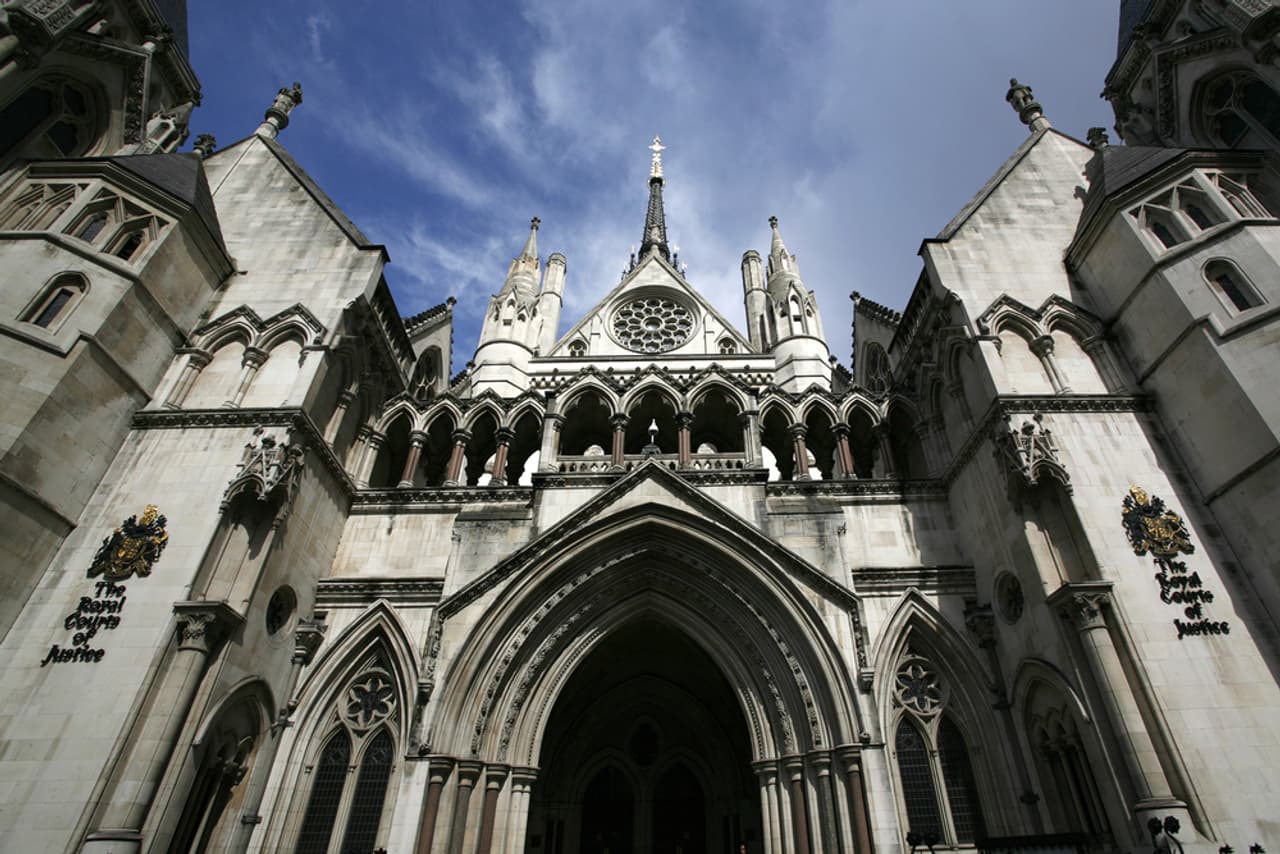
Home Secretary wins latest round of citizenship-stripping case
The Royal Courts of Justice (Photo: Shutterstock.com)
The government has won a case upholding the Home Secretary’s decision to deprive a British citizen of his nationality, despite the man’s claim that the order would illegally make him stateless.
Although born in Vietnam, the man – identified only as B2 in court proceedings because of an anonymity order – became a British citizen at the age of 12. In 2011 the government stripped him of his British citizenship on national security grounds, but he appealed on the grounds that the Home Secretary’s order would leave him stateless, as he argued he had never held Vietnamese citizenship.
The Court of Appeal has ruled that the deprivation order does not illegally make B2 stateless, as he had claimed.
He is one of 18 individuals known to have been deprived of their British citizenship under the Coalition government, as revealed by the Bureau in an investigation published in the Independent newspaper in February.
The investigation revealed that the present administration has increased the use of little-known nationality laws, issuing more than three times as many deprivation of citizenship orders as the previous Labour government.
The orders, which have been compared to ‘medieval exile’ by leading human rights lawyer Gareth Peirce, take effect immediately. The only means of appeal is usually through the Special Immigration Appeals Commission (Siac), the semi-secretive court that hears terrorism-related immigration cases.
Related story – Former British citizens killed by drone strikes after passports revoked
B2 lost his British citizenship in December 2011. However, six months later Siac judges overturned the order, saying that since the Vietnamese government denied he was a citizen of theirs, the order would render him stateless.
The government appealed Siac’s ruling, and this morning won the point as three Court of Appeal judges ruled that although the Vietnamese government refused to extend him the privileges of citizenship, it had not formally revoked his nationality, and he is therefore considered a Vietnamese citizen. The case will now return to Siac to weigh up the Home Secretary’s claims of B2’s alleged extremism.
B2 arrived in the UK as a refugee at the age of six, according to the Siac judgment, and later gained British citizenship. The government claims that he converted to Islam at the age of 21 and later became involved in Islamic extremism.
It alleges that he travelled to Yemen in December 2010, where he received ‘some form of terrorist training’ from Al Qaeda in the Arabian Peninsula (AQAP). This would make him an ‘active threat’ in the UK, government lawyers argued.
In December 2011 the Home Secretary, Theresa May, revoked his British citizenship and informed B2 that she planned to deport him to Vietnam. At the same time, he was taken into custody. This morning’s judgment revealed that the planned deportation has ‘subsequently been overtaken by events’ as the US has requested his extradition to stand trial there.
B2’s case is only the second deprivation of citizenship order to have initially been overturned by Siac – the previous one being Abu Hamza in 2010 – although others have gone on to appeal to higher courts. Under the Immigration, Nationality and Asylum Act 2006, the Home Secretary can remove British citizenship if she deems it ‘conducive to the public good’, so long as it does not make the subject stateless.
An order removing Hamza’s citizenship was issued in 2003 but proceedings were put on hold while he fought multiple other cases. By the time hearings resumed in 2010 the Egyptian government had removed his nationality, so again the order would have made him stateless. This did not prevent him from being extradited to the US in October 2012.
B2’s case is also unusual because the deprivation of citizenship order was made while he was in the UK. In almost all other known cases, the order has been made while the subject was out of the country, effectively preventing them from returning.
Earlier this year Court of Appeal judges commented that an order against a Sudanese-British man, L1, appeared to be an ‘abuse of power‘ on the part of the Home Secretary as she appeared to have waited until he left the UK, taking his children to Sudan for their summer holiday before removing his British nationality. Three years on, he is still fighting his appeal from overseas.




